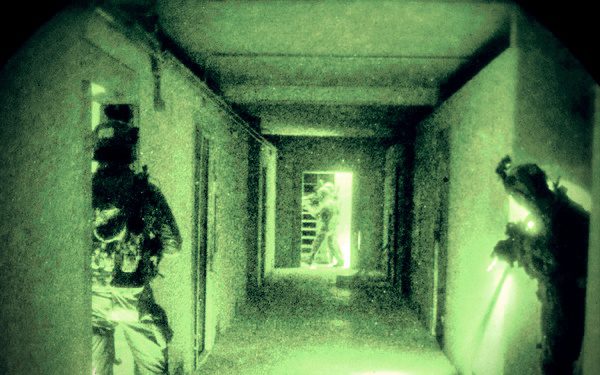The military has a separate justice system for several reasons. First of all, there are unique disciplinary needs for military personnel that can best be addressed by a separate justice system. Secondly, the military justice system can survive and function in a spartan environment where the civilian justice system may flounder. Third, the military needs a justice system that has world-wide jurisdiction and can provide the same outcomes to all military personnel. Because the military’s justice system is separate and specific, its rules and procedures are different than the civilian justice system’s.
The Uniform Code of Military Justice (hereinafter referred to as “UCMJ”) is codified at 10 U.S.C. §§ 801-946. The UCMJ governs all of the armed forces.
The military justice system has its own court rules (Rules for Courts-Martial (hereinafter referred to as “R.C.M.”)) and rules of evidence (Military Rules of Evidence (hereinafter referred to as “Mil. R. Evid.”)).
While the Sixth Amendment does not give military service members the right to a jury trial, service members do have a right to due process under the Fifth Amendment. See United States v. Witham, 47 M.J. 297, 301 (C.A.A.F. 1997). Congress provided for Fifth Amendment due process rights through trial by members at a court-martial. Id.
The military justice system’s trial courts are divided into four types: Summary Court-Martial, Special Court-Martial, Special Court-Martial empowered to adjudge a Bad-Conduct Discharge, and General Court-Martial.
- Summary Court-Martial: For enlisted personnel accused of noncapital offenses. Maximum confinement is one month.
- Special Court-Martial: For all personnel accused of noncapital offenses. Maximum confinement is one year.
- Special Court-Martial Empowered to Adjudge a Bad-Conduct Discharge: For all personnel accused of noncapital offenses. Maximum confinement is one year.

- General Court-Martial: For all personnel accused of felony-level crimes. Maximum confinement is the limit provided in the UCMJ for that particular crime (e.g., murder carries the possibility of life in jail, and wrongful possession of marijuana has a maximum of two years in jail).
